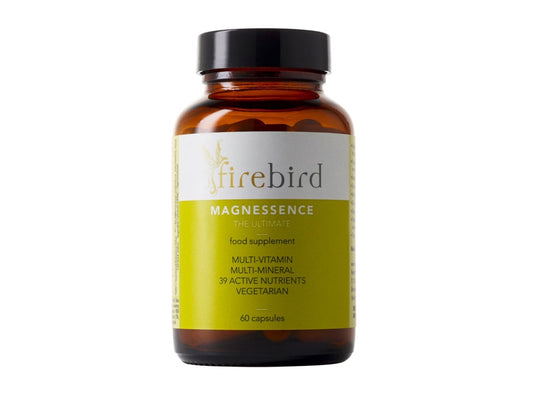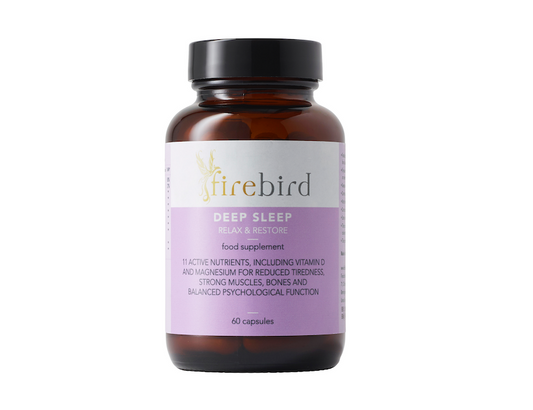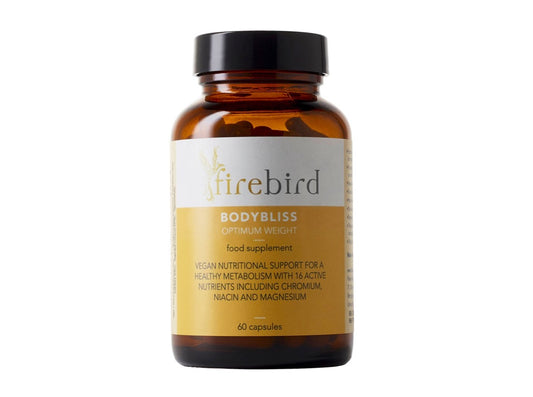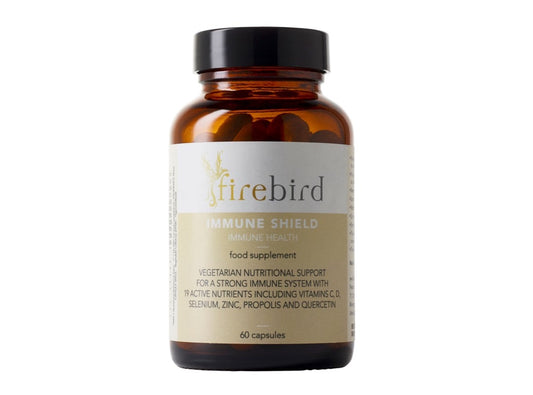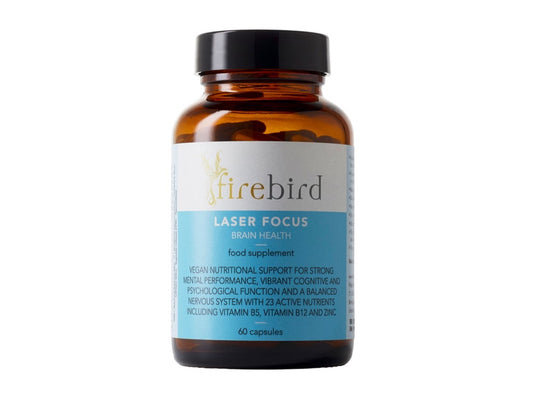
Dividing fact from fiction regarding collagen
Should we all be glugging a collagen shot?
Collagen is the latest buzzword in the world of health and beauty. Hundreds of products are currently flooding the market, promising to be the answer to eternally youthful skin.
Whether you are putting it on your skin or ingesting it in a drink or a pill, is adding collagen to your skincare routine all it’s cracked up to be?
Firstly, what is collagen?
Collagen is a protein fibre that makes up about one third of the body’s whole protein content. It can be found in tendons, ligaments, bone, muscle, cartilage and skin. Together with elastin, it forms a mesh that gives the skin structure, strength and elasticity.
What happens to collagen as we age?
The amount of collagen in the skin peeks in early adulthood and declines thereafter. This is due to the fact that collagen is being broken down faster than it is being repaired or replaced. The result of reduced collagen levels is weaker, thinner skin, more prone to sagging and wrinkling.
What causes this decline in collagen levels as we age?
- Excessive sun exposure
- High cortisol levels produced by stress
- Poor nutrition
- Exposure to toxins (environmental pollution, cigarettes, etc)
- Insufficient sleep
- Free radicals
- Glycation
- Chronic inflammation
Notice that ‘insufficient collagen’ in your diet is not included above.
What nutrients does the body need to produce youthful levels of collagen?
What does the body need to protect against collagen breakdown?
Are collagen supplements the answer?
Collagen taken in supplement form or in your bone broth, for example, does not immediately translate into higher collagen levels in your skin.
Collagen is a protein and when it is ingested it will be broken down by your digestive system into its constituent parts, namely amino acids. The body will then distribute these where they are needed. Some may end up as the building blocks for making collagen, but there is no guarantee. You cannot instruct the individual amino acids to head straight for your skin – it is the body that will decide how best to use them.
So, whereas sufficient protein intake is essential for providing the body with the building blocks it requires to make collagen, collagen itself is not a superior way of fulfilling this requirement. There is no guarantee that drinking collagen drinks is any more effective than another source of protein such as meat, cheese, eggs or beans at restoring the collagen in your skin.
Furthermore, protein digestion of dietary collagen is often incomplete, resulting in some very large peptide chains. These long molecules are not well absorbed or utilised. Collagen tablets that come from marine sources, such as shark cartilage or shellfish, contain high amounts of calcium. Too much calcium in the body causes constipation, bone pain, fatigue, nausea and abnormal heart rhythms.
Marine collagen may also cause allergic reactions, as well as having an unpleasant taste and odour.
So, what about collagen-rich moisturisers? Can they help our falling collagen levels?
Collagen-rich moisturisers are ineffective at improving collagen levels in the skin, as collagen molecules are too large to penetrate beyond the surface of the skin.
Some companies claim that the collagen in their skincare products is micronised, which means its molecules are small enough to penetrate the top layer of skin. However, it is highly unlikely that the skin could use this collagen to fuse with its own and more likely that these molecules would be earmarked as foreign bodies, in which case they would either cause an allergic reaction or be eliminated by the body’s immune system.
So what can we do to keep our collagen at youthful levels?
In order to keep collagen at youthful levels, we should firstly try to limit the main threats of sun exposure, stress, bad diet, environmental toxins and insufficient sleep.
The remaining 3 threats of glycation, free radicals and inflammation can be tackled effectively by the following 3 superstar nutrients:
No. 1 ally against free radicals = l-cysteine
Free radicals are produced during oxygen reactions in the body and are multiplied by excessive sun exposure, environmental pollutants and chemicals applied to the skin. Free radicals can damage all components of a cell and therefore must be neutralised by antioxidants. L-cysteine is an amino acid that replenishes levels of the body’s own super-antioxidant glutathione, thus boosting cells’ ability to prevent damage from free radicals.
No. 1 ally against glycation = alanine
Alanine is an amino acid that helps prevent glycation from damaging the skin. It effectively interferes with the way glycation breaks down the protein components of our skin, such as collagen and elastin, which together form the pliable mesh that gives our skin structure, strength and elasticity. By protecting collagen and elastin, alanine helps keep skin firm, strong, elastic and wrinkle-free.
No. 1 ally against inflammation = turmeric
Chronic micro-inflammation in the skin, caused by excessive sun exposure, environmental pollutants and by irritants commonly contained in skincare products, impairs the healthy functioning, repair and renewal of skin cells and accelerates ageing. The Indian spice turmeric is more effective at counteracting inflammation than many drugs, with the advantage of being a natural and safe substance.
Once collagen is protected against these main threats, it is then essential to provide the body with the building blocks it needs to repair and regenerate collagen in order to maintain youthful levels in the skin. The best nutrients for this purpose are vitamins A, B, C and E, zinc, selenium, amino acids and a good dose of omega-3 fatty acids.
Learn more:
What makes Magnessence such a powerful support for optimum health?
To supplement or not to supplement...

